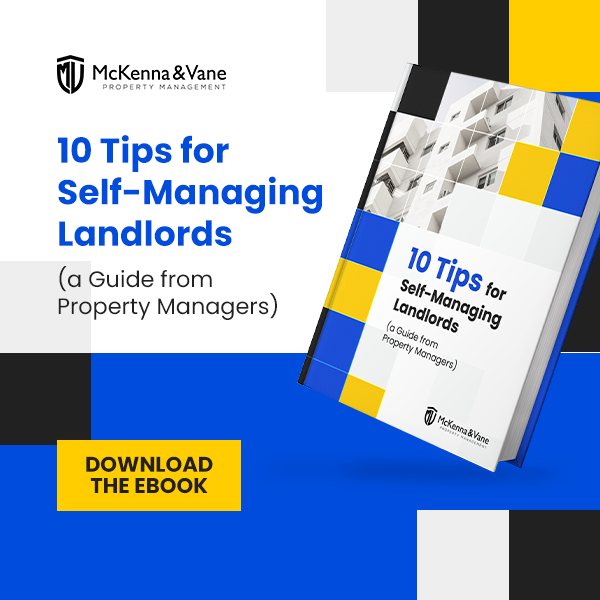How to Maintain Your Rental Property
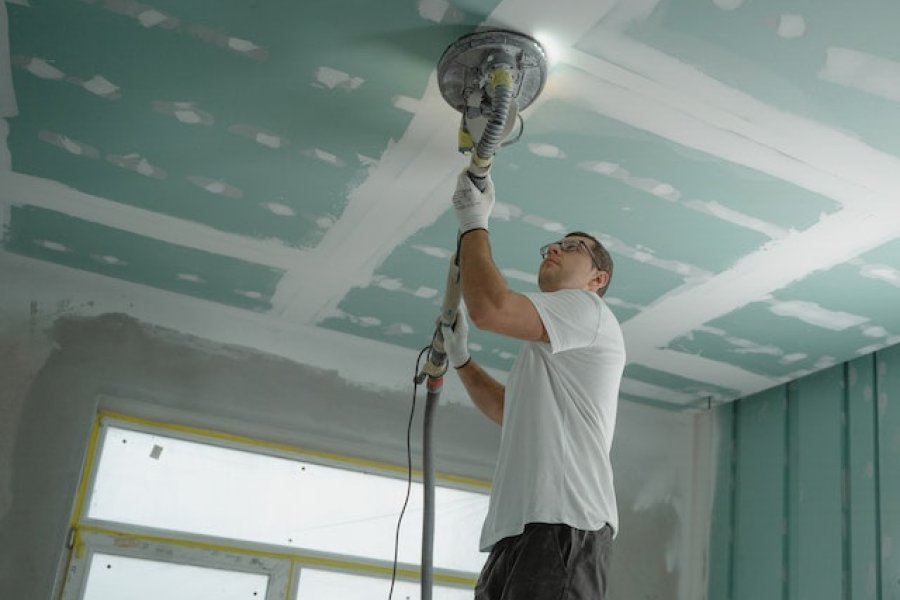
The maintenance of a rental property is a responsibility shared by both the landlords and tenants. As a matter of fact, it is stated in the landlord-tenant law that both landlords and tenants have equal responsibility in keeping the rental property in good condition.
If you’re a rental property owner, you should understand how important it is to perform routine inspections in maintaining the upkeep of your rental home. Regular inspections can help you identify potential issues that may need repair before they become too costly to handle.
Also, by doing regular inspections, you will know if your tenants are doing their duties in keeping the rental unit clean and well taken care of.
Landlords’ Legal Property Maintenance Responsibilities
Under the landlord-tenant law, landlords are responsible for providing a habitable space for their tenants. You need to ensure that your rental home is safe and conducive to living. Failure to provide a habitable place is a serious violation of the law and may result in grave consequences.
To avoid getting into any legal trouble, it’s essential to know your legal responsibilities in keeping your rental unit well-maintained. The requirements may differ from one state to another, but in general, landlords are expected to:
Provide Appropriate Garbage Receptacles
As the rental property owner, you are expected to provide your tenants with appropriate trash receptacles where they can place their garbage properly. Make sure that the size and number of trash cans you provide are sufficient enough to accommodate the number of occupants in your rental property.
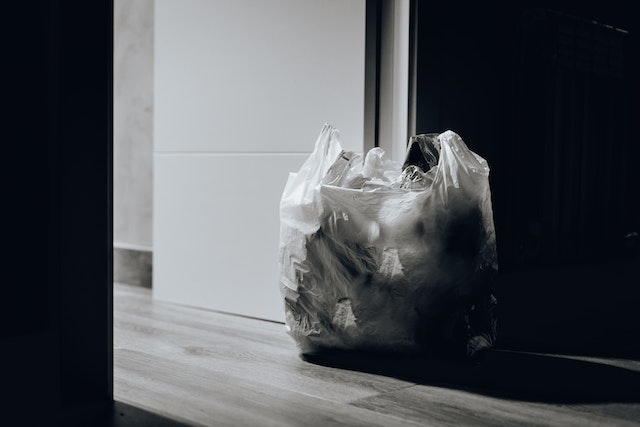
In some cities, trash receptacles are required to have some sort of enclosure. Be sure to check with your local ordinances if this is a requirement in your location.
Provide a Sufficient Supply of Running Water
Tenants have the right to access a sufficient supply of running water within the rental unit. It is your responsibility as a landlord to ensure that your property has enough clean running water to accommodate the number of residents in the rental unit.
In addition, your tenants should also be able to access a functioning toilet, sink, and shower. A working water heater is also recommended so tenants can get hot water when they need it.
Abide By the Building Rules and Regulations
To provide a safe and healthy environment to tenants, landlords should follow the local building codes and standards for a habitable property. Typically, there are requirements on the maximum number of occupants who can live in the rental unit.
Moreover, landlords should also comply with the proper placement of carbon monoxide and smoke detectors, as well as other rules and regulations related to the health and safety of the tenants.
Perform Necessary Repairs
Landlords are expected to ensure that the property complies with a certain level of habitability. This means that if a rental unit has damages that may need repair, landlords should make sure these repairs are addressed within a reasonable timeframe.
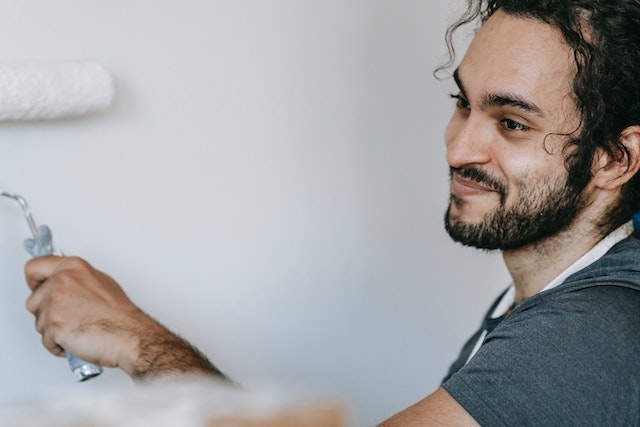
Typical damages that are due to wear and tear should be covered by the landlord. However, if the damage is caused by a tenant’s neglect or abuse, then the cost of repair should be charged to the erring tenants.
Ensure All Utilities and Essential Services are Functioning Well
To ensure that the rental unit is habitable, all vital services should be working properly. It is the landlord’s responsibility to maintain the property’s plumbing, heating, gas, and electricity to keep them in good, working condition.
Moreover, if the landlord provides appliances for the tenants, these appliances should be in working order as well. However, if the tenants are responsible for paying their own utilities, they should ensure that their accounts are updated to prevent these services from being shut off.
Tenants’ Legal Property Maintenance Responsibilities
Just like the landlords, tenants are also legally required to do their duties and responsibilities in keeping the property in its best condition. Since tenants are the ones residing on the premises, they should be responsible for making sure that the property remains habitable and free from damage and other hazards.
Tenants’ legal responsibilities to maintain a rental unit may slightly vary from state to state, but these are the basic duties that are applicable to all:
Keep the Rental Unit Clean
Tenants are required by law to keep the rental unit clean and free from sanitary hazards. For instance, tenants are expected to dispose of their garbage properly using the trash receptacles provided by the landlord.
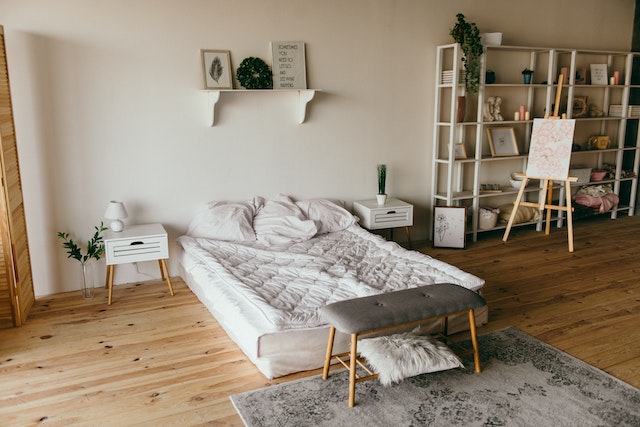
They should not allow the garbage to pile up inside the rental property to prevent unpleasant odor and germs that may be dangerous to their health.
Keep the Property Safe
To keep the rental unit and everyone living in it safe, tenants should make sure that all emergency exits are easily accessible. They should not block the exits with furniture or other belongings.
Also, they should report any damage or repair issue that may be a safety hazard, such as broken stairs or damage to the ceiling.
Comply with the Building Codes
Tenants are also required to follow the building codes and housing laws to prevent legal issues. For instance, they need to comply with the maximum occupancy limit by not sneaking in any additional person to live on the property.
Moreover, they should also not sneak in any unapproved pet or vehicle.
Prevent Damage to the Property
While normal wear and tear are understandable, any deliberate damage to the property is totally unacceptable. If the property is damaged due to a tenant’s negligence or abuse, the landlord has the right to charge the repair cost to the tenant.
In some cases, disrespect to the property may also be a valid grounds for eviction.
Other Ways to Maintain the Property
As a landlord, you can also perform other optional tasks to keep the property in top condition. For instance, you can do seasonal maintenance like raking leaves, cleaning the gutters, cutting grass, and shoveling the snow during winter.
You can also include a provision in the lease agreement requiring your tenants to keep the common areas clean and report any repair issues immediately. You can also perform walk-through inspections to make sure everything is well-maintained throughout a tenancy.
Bottom Line
If you own a rental property, it can be difficult to know how to prevent rental property damage and maintain your property. Scheduling, communicating, and performing maintenance checks and repairs is complicated, but let our experts at McKenna & Vane Property Management help.
With years of experience on our side, we know the ins and outs of property maintenance like the back of our hand. Get in touch with us today and find out how we can make property maintenance so much easier to navigate!
